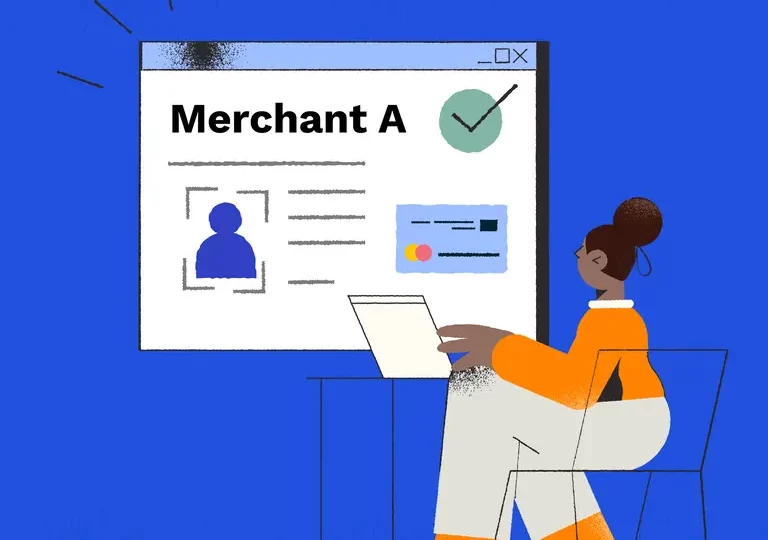If you are a business owner looking for ways to accept credit card payments, you have probably heard about merchant account underwriting. Before signing up for a merchant account, it’s important to understand what it is and how it works.
What is Merchant Account Underwriting?
A merchant account is essentially an agreement between a business and a bank or payment processor that enables the business to accept credit card payments. Merchant account underwriting is the process of evaluating and approving a business for a merchant account. This process involves looking at the business’s financial history, credit score and other information to assess risk and determine whether or not a merchant account should be approved.
The underwriting process is conducted by the payment processor and typically requires businesses to provide financial documents such as bank statements, tax returns and proof of identity. The payment processor will then use this information to determine the risk associated with approving a business for a merchant account. It’s important for businesses to work with a reputable merchant services agent to help complete the necessary paperwork and applications to establish merchant accounts with payment processors or acquiring banks.
If the underwriters decide that the business is not a good fit, they can reject the application or offer an alternative solution such as a secured merchant account. A secured merchant account requires businesses to pay an upfront fee and provide collateral in order to accept credit card payments.
How Merchant Account Underwriting Works?
Once a business has submitted their application for a merchant account, the payment processor will begin the underwriting process. The underwriters will review the financial documents provided and assess the risk associated with approving the business for a merchant account.
The underwriters may also look at factors such as the business’s credit score, payment history, years in business and total monthly sales to determine whether or not the merchant account should be approved.
Once the underwriters have completed their review, they will make a decision regarding the application. If approved, the business can start accepting credit card payments immediately. However, if rejected, the business may need to take additional steps in order to be approved for a merchant account.
Overall, merchant account underwriting is an important step in the process of accepting credit card payments. It enables payment processors to assess risk and make sure that businesses are able to accept payments without defaulting on their payments. With an understanding of what merchant account underwriting is and how it works, businesses can make informed decisions about accepting credit card payments.
The information provided in this article is for informational purposes only and should not be construed as legal advice. For more specific guidance regarding your business’s merchant account underwriting process, please consult with a qualified financial professional or attorney.
How does the merchant underwriting process work?
The merchant underwriting process begins with a business providing financial documents and other information to the payment processor. The payment processor then reviews the provided documentation and assesses the risk associated with approving the business for a merchant account. Factors such as the business’s credit score, payment history, years in business and total monthly sales may be taken into consideration.
Once the payment processor has evaluated the risk associated with approving a business for a merchant account, they will make a decision regarding the application. If approved, the business can start accepting credit card payments right away. However, if rejected, the business may need to take additional steps in order to be approved for a merchant account or obtain an alternative solution such as a secured merchant account.
Ultimately, the merchant underwriting process helps payment processors ensure that businesses are able to accept payments without defaulting on their payments. It is important for businesses to understand what merchant account underwriting is and how it works in order to make informed decisions about accepting credit card payments.








